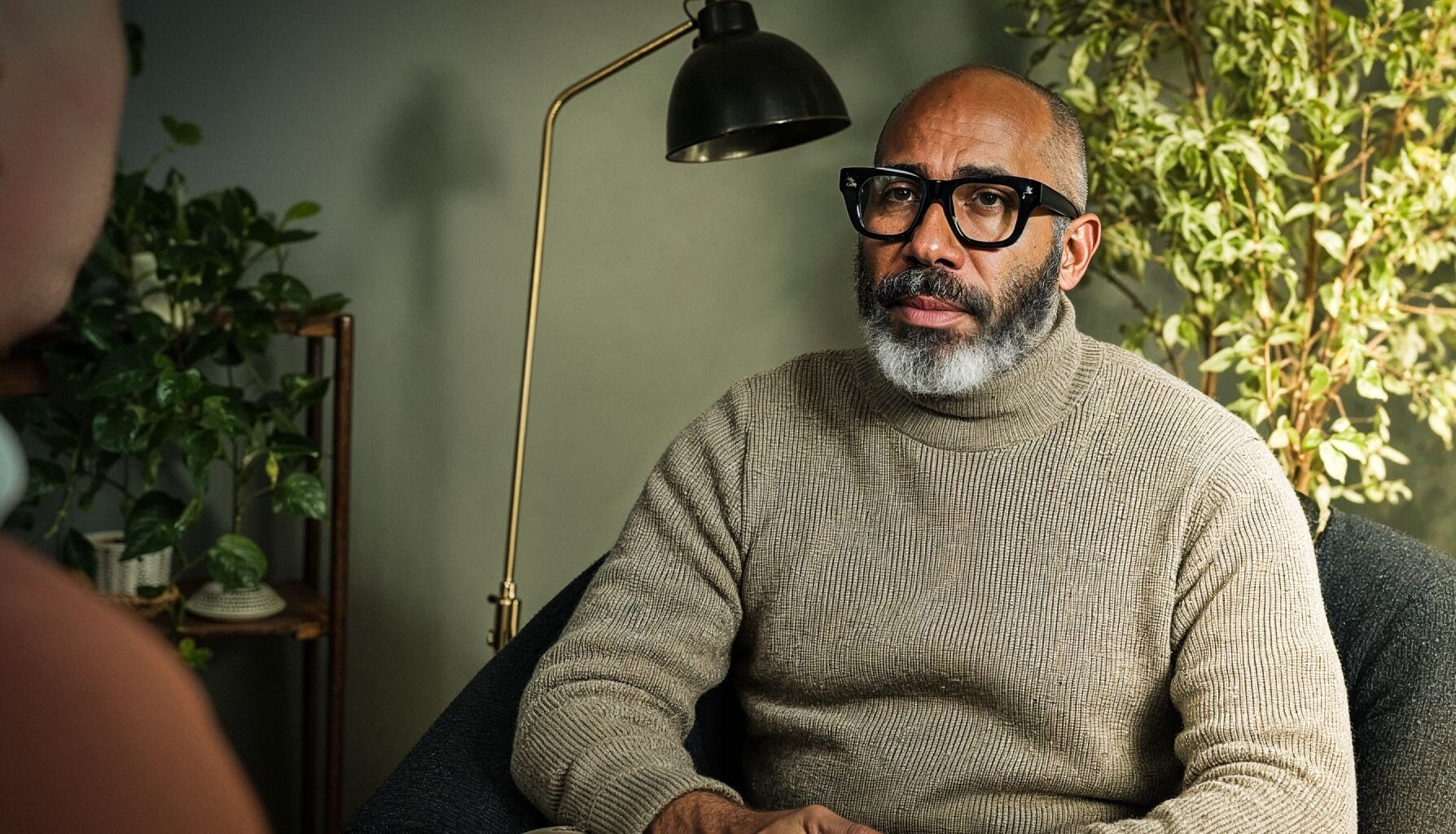An interdisciplinary approach to working with trans clients

Published September 10, 2021

Dr. Ben Caldwell is joined by mental health professionals Donna Oriowo, PhD, LICSW, Shawan Worsely, PhD, LMFT, LPCC, and Michael Jones, EdS, LPC-S, to talk about what it means to treat mental health in the black community.
In this webinar, each one of these experts offer some insight into their own experience, and what brought them to join this panel and speak about mental health in the black community. They discuss everything from what it means to hold space for clients who are dealing with oppression due to their sexuality, to best practices on how to balance being a therapist and an activist.
In addition, they offer advice on how you can better support the black community, and what it means to take a stand and do something that will make a difference. No matter what color you are, this panel of experts invites you to learn about treating mental health in the black community, and how you can better support black clinicians and black clients today.
Proudly made in Santa Monica, CA © 2025 SimplePractice, LLC
Proudly made in Santa Monica, CA © 2025
SimplePractice, LLC